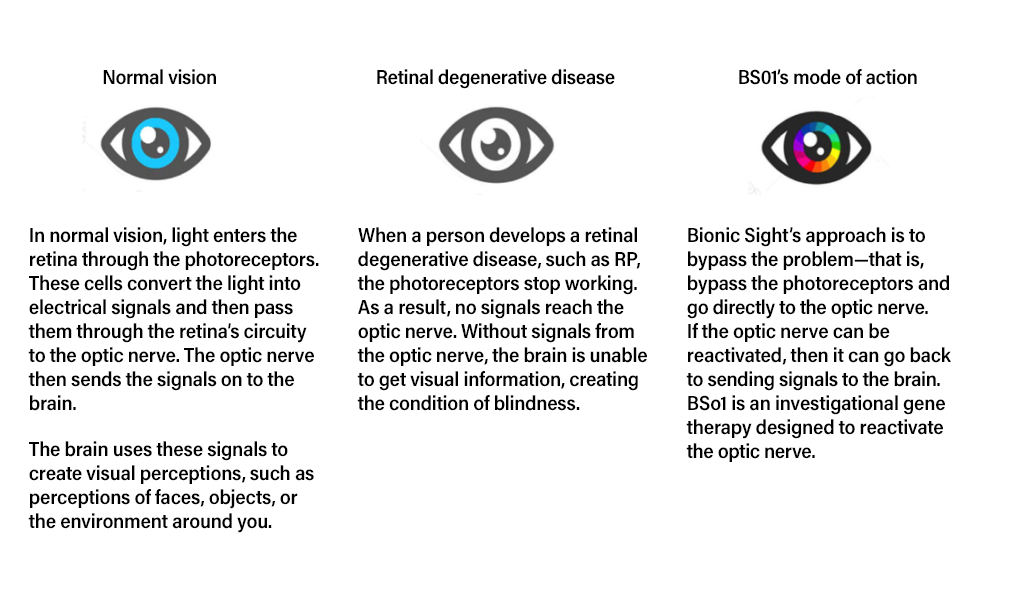Research studies
OCLI possesses a rich history in the field of Ophthalmic Clinical Research of which we are most proud. Our doctors have been dedicated for decades to innovation in eye care for all.
OCLI has had the opportunity to be involved with clinical research trials with companies such as Allergan, Genentech, Aerie, Alcon, Bausch & Lomb, Abbott Medical and Pfizer to name a few. Together, major advances in eye care have been made with more effective drugs and improvements in various eye surgical devices and surgical techniques.
OCLI’s list of participating research physicians reads like a Who’s Who in ophthalmology. Our doctors’ deep commitment, extensive knowledge, intuitive insight and innovative thinking make them highly sought after for their opinions and hands-on participation globally. Their strong collaboration with the eye care research and business community has brought about advances in the treatment of dry eye, corneal disease, retina disease, glaucoma and cataracts.
Clinical trials
A Clinical Trial is a carefully designed study through which willing volunteers receive investigational treatments under the close supervision of a physician and their research professionals. The main reason why individuals become involved is the prospect of helping to find more effective treatments for their conditions. These volunteers are the reason we have advanced the quality of eye care available today.
Please read on to learn more about Clinical Trials currently being conducted at OCLI which may help you or a loved one. In some cases all study procedures are covered by the research sponsor at no cost to you or your insurance. Our research staff is always available to answer your questions. Feel free to call them at 516-593-4026
Current trials being conducted at OCLI
Glaucoma
Glaucoma is often linked to an increase of pressure within the eyeball. Increased pressure can damage your eye’s optic nerve and can cause gradual loss of sight. The optic nerve is responsible for sending signals from your retina to your brain, where these signals are interpreted as the images you see. When glaucoma develops, usually you don’t have any early symptoms and the disease progresses slowly. In this way, glaucoma can steal your sight very gradually. Early detection and treatment (with glaucoma eye drops, glaucoma surgery or both) can help preserve your vision.
Glaucoma is often cited as one of the major disease states for which patients are not compliant with their physician-prescribed home treatment. Our current study is examining the impact of managing the disease by reducing the need for patients to remember to take their drops. Instead the use of a sustained release therapy provides a long-term Intraocular Pressure (IOP) lowering result which is crucial to preventing the progression of Glaucoma. All study procedures are covered by the research sponsor at no cost to you or your insurance. Please reach out to our research staff to learn more about your options at 516-593-4026.
Cataract surgery
A cataract is a clouding of the lens in the eye that affects vision. In most cases cataracts are related to aging therefore they are very common in older people. By age 80, more than half of all Americans either have a cataract or have had cataract surgery.
The surgeons of OCLI are routinely studying options in refined Intra Ocular Lens (IOLs), cataract surgery techniques, and elimination for the need for post-operative eye drops after cataract surgery. Reach out to see if we are currently conducting a study that might help you.
Retina
A healthy retina is necessary for good vision. The retina is the part of your eye that takes light and turns it into signals for your brain to interpret. This is the part of your eye that confirms how images are viewed. Images are focused here on this thin membranous lining at the back of the eye. The images are focused here and converted to electrical impulses which are carried to the brain by the optic nerve.
Diseases of the retina are common as we age. These diseases can severely impair vision or even cause blindness. If your eye specialist has discussed with you the possibility of having a form of retina disease, OCLI can offer you treatment options. Our current Clinical Trials are investigating treatment options for:
- Geographic Atrophy associated with Dry Age-Related Macular Degeneration
- Wet Age-Related Macular Degeneration
- Diabetic Retinal Disease
- Retinitis Pigmentosa
Retinitis pigmentosa
New technology being developed for patients with Retinitis Pigmentosa
Bionic Sight’s technology focuses on restoring sight to patients with advanced stage blindness due to retinal degenerative diseases, such as RP.
The technology is based on a discovery by a professor at the Weill Medical College of Cornell University, who deciphered the neural code of the retina – that is, the code the retina uses to tell your brain what you’re seeing. Here’s how the technology works:

Briefly, patients would first go to the primary clinical site for the gene therapy component. This involves a single injection of a vector into the patient’s eye. Once the vector is expressing the gene, the patient would go to Weill Cornell in Manhattan to use the device, which will stimulate the gene to send signals to the brain. The patient will then be tested to assess whether he or she can see light, motion, shapes, and objects. Some training with the device over a period of few months may be required.
Below is a link to an NBC news story that provides an overview of the technology.
https://www.nbcnews.com/mach/video/cracking-the-code-to-treat-blindness-1385480259560
Clinical Trial options for these conditions vary. Currently treatments are being studied that may reduce a patient’s future need to visit a clinic on a monthly basis. Our doctors are on the cutting edge of these treatments by making them available to their patients. All study procedures are covered by the research sponsor at no cost to you or your insurance. Please reach out to our research staff to learn more about your options.
If you feel that one of the Clinical Trials that we are currently running would benefit you, please call us at 516-593-4026
